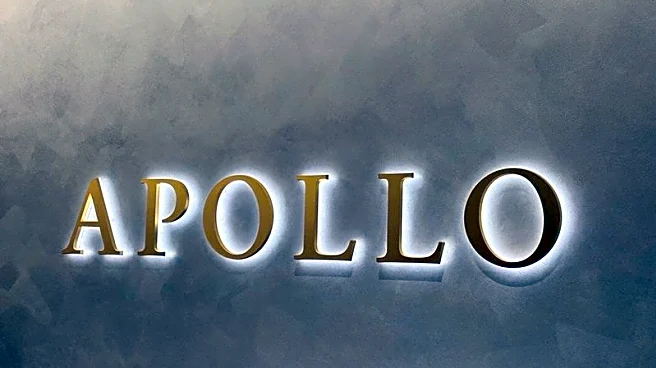Rapid Read • 8 min read
During a high-level open debate on Maritime Security at the United Nations Security Council, the United States and China exchanged criticisms over maritime conduct and influence. Acting U.S. Representative Dorothy Shea expressed concerns about China's significant influence over the Panama Canal, highlighting potential threats to global trade and security. Shea also addressed issues related to Iran, North Korea, and the Houthis, emphasizing the need for checks against Iran and the release of detained vessels. China, represented by Ambassador Fu Cong, rebutted the U.S. accusations, asserting respect for Panama's sovereignty and criticizing the U.S. for fabricating lies and inciting control over the canal. The debate underscored tensions between the two nations regarding maritime security and international law.
AD
The exchange between the U.S. and China at the UN highlights ongoing geopolitical tensions that could impact global trade and maritime security. The Panama Canal is a critical international waterway, and any influence over its operations can have significant implications for global shipping routes and economic stability. The U.S. concerns about China's influence reflect broader apprehensions about China's expanding global presence and its potential to disrupt established trade norms. The debate also touches on issues of sovereignty and international law, with both nations asserting their positions on maritime governance. These discussions are crucial as they may influence future diplomatic relations and international maritime policies.
The debate may lead to further diplomatic engagements between the U.S. and China, as both countries seek to assert their positions on maritime security. The U.S. might pursue additional measures to counter China's influence in strategic regions, potentially involving alliances with other nations concerned about maritime security. The UN Security Council could continue to serve as a platform for addressing these issues, with member states advocating for adherence to international law and cooperation in maritime governance. The situation may also prompt discussions on enhancing security measures and infrastructure around critical waterways like the Panama Canal.
The debate raises broader questions about the balance of power in international waters and the role of major nations in shaping maritime security policies. It highlights the ethical and legal dimensions of sovereignty and control over strategic waterways, which are vital for global commerce. The discussions may influence long-term shifts in international relations, as countries navigate the complexities of maritime governance and security. The situation also underscores the importance of multilateral cooperation in addressing global security challenges and maintaining peace in international waters.
AD
More Stories You Might Enjoy













